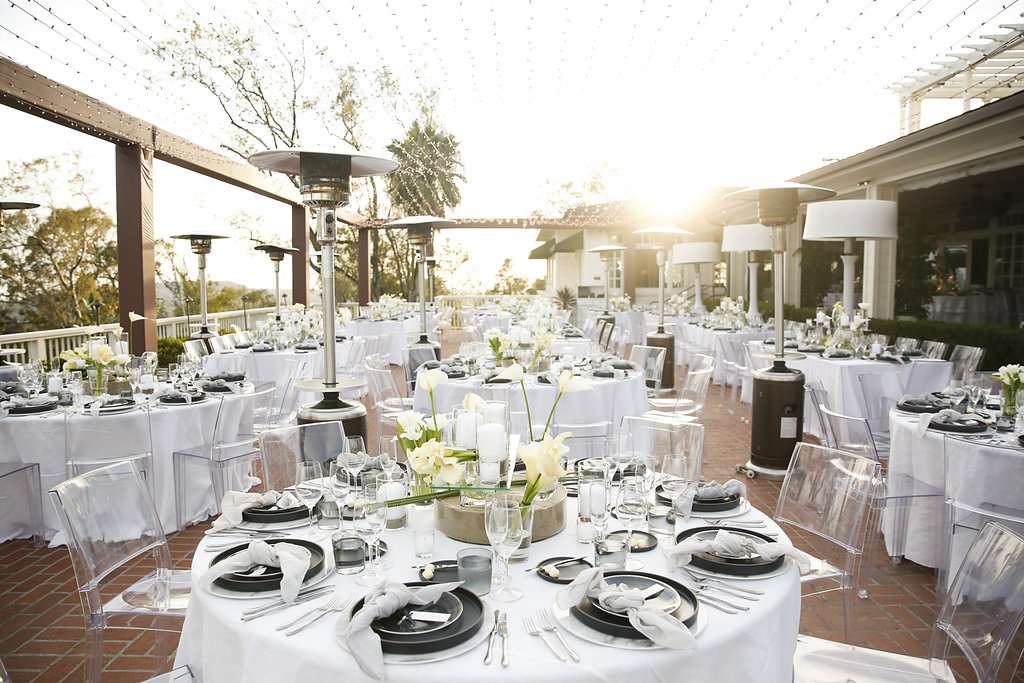In the realm of event planning and execution, the role of
event coordination stands as the linchpin that holds everything together. Whether it’s a corporate conference, a wedding celebration, or a community fundraiser, effective event coordination is essential for ensuring that every aspect of the occasion flows seamlessly. In this comprehensive guide, we’ll delve into the intricacies of event coordination, uncovering its significance, key principles, and actionable tips to help you orchestrate your next event with finesse.
Tips for Successful Event Coordination
- Start planning early to allow ample time for preparation and troubleshooting.
- Create a detailed timeline and checklist to stay organized and on track.
- Communicate regularly with stakeholders, vendors, and team members to ensure everyone is on the same page.
- Be flexible and adaptable to accommodate unexpected changes or challenges.
- Conduct post-event evaluations to gather feedback and identify areas for improvement.
Understanding the Essence of Event Coordination
Event coordination encompasses a multifaceted approach to organizing and managing various elements of an event, ranging from venue selection and vendor management to logistics planning and guest coordination. At its core, it revolves around the meticulous orchestration of details to create a cohesive and memorable experience for attendees. With the ever-increasing complexity of modern events, the role of event coordinators has become indispensable, serving as the architects behind successful gatherings.
Key Components of Event Coordination
- Planning and Preparation Successful event coordination begins with meticulous planning and preparation. This includes setting clear objectives for the event, establishing a budget, creating a timeline, and identifying key stakeholders. Additionally, it involves researching and selecting suitable venues, vendors, and suppliers that align with the theme and requirements of the event.
- Budget Management Effective budget management is essential for ensuring the financial success of an event. Event coordinators must carefully allocate funds to various aspects of the event, such as venue rental, catering, entertainment, and marketing. They should also track expenses closely to avoid exceeding the budget and seek cost-effective solutions whenever possible.
- Vendor Coordination Coordinating with vendors and suppliers is a critical aspect of event planning. This involves negotiating contracts, finalizing agreements, and ensuring that vendors deliver products and services as promised. Effective communication and relationship management skills are key to fostering positive partnerships with vendors and ensuring that expectations are met.
- Logistics and Operations Managing logistics and operations is another essential component of event coordination. This includes coordinating transportation, setting up event spaces, arranging seating arrangements, and overseeing technical requirements such as sound systems and lighting. Attention to detail is crucial to ensure that all logistical aspects are handled smoothly and efficiently.
Key Components of Effective Event Coordination
1. Strategic Planning
Before diving into the logistical aspects, effective event coordination begins with strategic planning. This phase involves defining the event’s objectives, target audience, and budgetary constraints. By establishing clear goals and parameters from the outset, event coordinators can align their efforts to deliver outcomes that meet or exceed stakeholders’ expectations.
2. Venue Selection and Logistics
Selecting the right venue sets the stage for a successful event. Event coordinators must consider factors such as capacity, location accessibility, amenities, and ambience to ensure that the chosen venue aligns with the event’s theme and requirements. Additionally, logistical aspects such as transportation, parking, and accommodation arrangements play a crucial role in facilitating smooth operations on the day of the event.
3. Vendor Management
From catering services and audiovisual equipment providers to florists and entertainers, engaging reliable vendors is paramount for executing a flawless event. Event coordinators must conduct thorough research, negotiate contracts, and maintain open communication channels with vendors to secure quality services within budgetary constraints. Building strong vendor relationships fosters collaboration and ensures that every aspect of the event aligns with the desired vision.
4. Timeline Development and Execution
Creating a comprehensive timeline is essential for keeping all stakeholders informed and on track throughout the event planning process. Event coordinators should establish key milestones, deadlines, and task assignments to ensure that preparations progress smoothly leading up to the event day. During the execution phase, diligent oversight and proactive problem-solving are crucial for addressing any unforeseen challenges and maintaining the event’s momentum.
5. Guest Experience Management
At the heart of every successful event lies the guest experience. Event coordinators must prioritize attendee satisfaction by anticipating their needs, providing clear directions and timely updates, and implementing measures to enhance comfort and convenience. Whether it’s seamless registration processes, engaging activities, or personalized touches, every detail contributes to creating a memorable and impactful experience for guests.
The Role of an Event Coordinator
At the heart of successful event coordination lies the event coordinator. This individual plays a multifaceted role, serving as the primary point of contact for clients, vendors, and attendees alike. Their responsibilities often include:
- Initial Consultation: Understanding the client’s vision, objectives, and budget constraints.
- Budget Management: Creating and adhering to a comprehensive budget that allocates funds effectively.
- Venue Selection and Logistics: Identifying suitable venues, negotiating contracts, and managing logistical arrangements such as catering, decor, and audiovisual equipment.
- Vendor Coordination: Hiring and liaising with various vendors, including florists, photographers, entertainers, and technical support staff.
- Timeline Development: Creating a detailed timeline outlining the sequence of events and key milestones.
- On-Site Management: Overseeing event setup, ensuring everything runs smoothly during the event, and troubleshooting any issues that arise.
- Post-Event Evaluation: Collecting feedback, assessing the event’s success, and identifying areas for improvement.
Tips for Successful Event Coordination
- Communication is Key: Maintain open and transparent communication channels with all stakeholders, including clients, vendors, and team members, to ensure alignment and address any concerns promptly.
- Stay Organized: Utilize project management tools, checklists, and timelines to stay organized and manage tasks efficiently throughout the event planning process.
- Adaptability is Essential: Be prepared to adapt to unforeseen circumstances and pivot quickly to mitigate risks and ensure the smooth progression of the event.
- Delegate Responsibilities: Delegate tasks to capable team members or trusted partners to distribute the workload effectively and leverage collective expertise.
- Prioritize Attention to Detail: Pay meticulous attention to every aspect of the event, from decor and signage to dietary preferences and accessibility considerations, to deliver a polished and memorable experience.
Conclusion
In conclusion, event coordination serves as the cornerstone of successful gatherings, encompassing strategic planning, meticulous execution, and unwavering attention to detail. By embracing the principles and best practices outlined in this guide, event coordinators can navigate the complexities of event planning with confidence and precision, ensuring that every occasion leaves a lasting impression on attendees.



